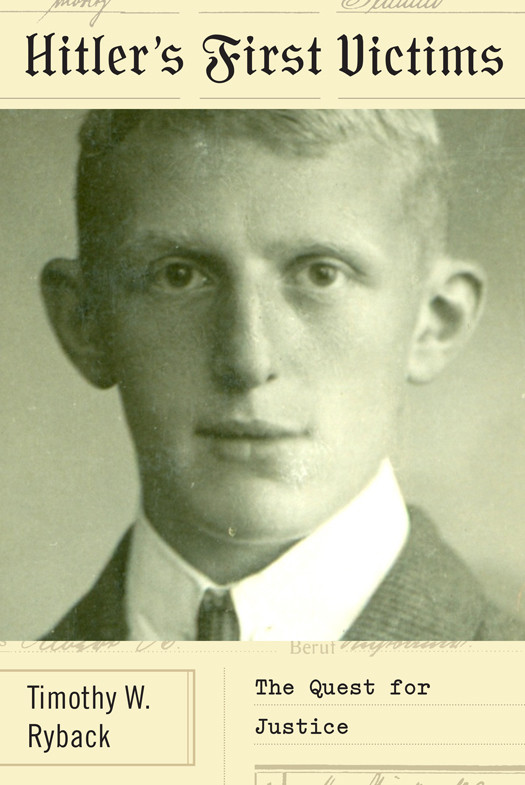

Most ebook files are in PDF format, so you can easily read them using various software such as Foxit Reader or directly on the Google Chrome browser.
Some ebook files are released by publishers in other formats such as .awz, .mobi, .epub, .fb2, etc. You may need to install specific software to read these formats on mobile/PC, such as Calibre.
Please read the tutorial at this link: https://ebookbell.com/faq
We offer FREE conversion to the popular formats you request; however, this may take some time. Therefore, right after payment, please email us, and we will try to provide the service as quickly as possible.
For some exceptional file formats or broken links (if any), please refrain from opening any disputes. Instead, email us first, and we will try to assist within a maximum of 6 hours.
EbookBell Team

0.0
0 reviewsThe remarkable story of Josef Hartinger, the German prosecutor who risked everything to bring to justice the first killers of the Holocaust and whose efforts would play a key role in the Nuremberg tribunal.
Before Germany was engulfed by Nazi dictatorship, it was a constitutional republic. And just before Dachau Concentration Camp became a site of Nazi genocide, it was a state detention center for political prisoners, subject to police authority and due process. The camp began its irrevocable transformation from one to the other following the execution of four Jewish detainees in the spring of 1933. Timothy W. Ryback’s gripping and poignant historical narrative focuses on those first victims of the Holocaust and the investigation that followed, as Hartinger sought to expose these earliest cases of state-condoned atrocity.
In documenting the circumstances surrounding these first murders and Hartinger’s unrelenting pursuit of the SS perpetrators, Ryback indelibly evokes a society on the brink—one in which civil liberties are sacrificed to national security, in which citizens increasingly turn a blind eye to injustice, in which the bedrock of judicial accountability chillingly dissolves into the martial caprice of the Third Reich.
We see Hartinger, holding on to his unassailable sense of justice, doggedly resisting the rising dominance of Nazism. His efforts were only a temporary roadblock to the Nazis, but Ryback makes clear that Hartinger struck a lasting blow for justice. The forensic evidence and testimony gathered by Hartinger provided crucial evidence in the postwar trials.
Hitler’s First Victims exposes the chaos and fragility of the Nazis’ early grip on power and dramatically suggests how different history could have been had other Germans followed Hartinger’s example of personal courage in that time of collective human failure.